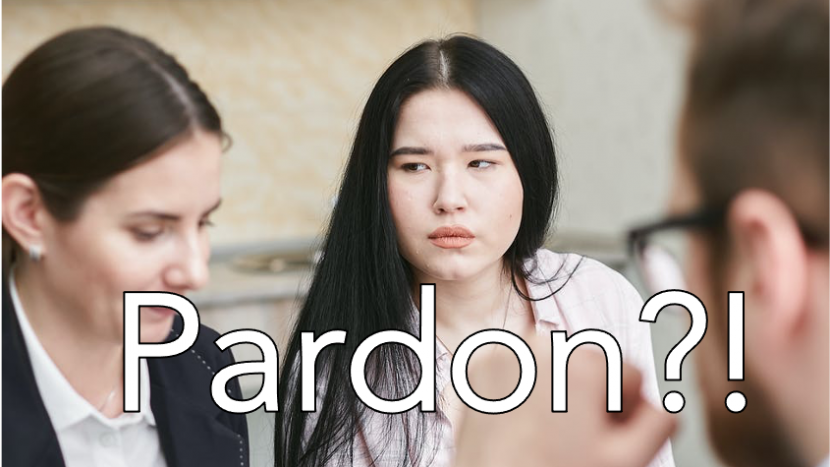Teachers in higher education are increasingly noticing that (cultural) tensions in society are spilling over into the lecture halls, irrespective of course of study. From current events to themes from the distant past; discussing certain issues can provoke strong reactions from students and discomfort and uncertainty among teachers. Themes such as Trump, (homo)sexuality, gender, discrimination, diversity, corona, the death penalty, the Palestinian issue, political preference, body shaming, the refugee crisis and religious customs can lead to heated discussions and in some cases escalation in the classroom.
The classrooms of Hogeschool Utrecht are also filled with students who all have different views on these social themes. Views that are sometimes fed from a cultural and/or religious point of view, from social media and political preference. Sometimes the program and the curriculum expect you to discuss a certain theme and sometimes the topics are brought into the classroom with the students.
HU teachers face a challenge when it comes to discussing these themes while maintaining a safe learning climate for students. How do you give space and direction to discussions? And how do you deal with polarizing and threatening situations? How do you ensure that all students feel safe to express their opinion? How do you research and discuss the interpretation of truth from different sources? And how do you ensure a balance between your personal and professional views?
The complexity of this task was discussed during the theme meeting ‘Making sensitive issues negotiable in the classroom’ on 20 May 2021, which was widely attended by teachers from all 21 institutes at HU. This revealed a great demand and need for the promotion of expertise and professionalization in conducting discussions with students about sensitive issues.
With the project ‘Discussing sensitive issues in the classroom’, the Institute for Social Work, together with the Diversity & Inclusion Network and the Teaching and Learning Network, wants to answer this question and respond to this need. The project aims at a more uniform approach and tools for teachers to be able to have the right conversation in class.
The aim of the project is threefold. The project aims first of all to create more mutual understanding among students and teachers, and to stimulate their willingness to learn from each other. Secondly, the project aims to bring together all knowledge within the different institutes and services of the HU about diversity, inclusion and dealing with polarization and to allow teachers to exchange experiences with each other. Thirdly, in addition to linking up with what already exists, the project also wants to develop activities, tools and products to further promote the professionalization and expertise of HU teachers.
The project focuses on both teachers and students. The HU not only wants to stimulate and support students in their individual development in the context of professional practice, but also help them acquire competencies that are indispensable in today’s society, such as attitudes and conversation skills.
Contact
For more information, you can contact the project leader of this project, Nadezda Broshuis: nadezda.broshuis@hu.nl
Did you find this interesting? Check out what else the Network D&I has to offer via current.
Do you have any comments, do you want to share your story or would you like to meet? Please contact us via the contact form. We like to keep in touch.
